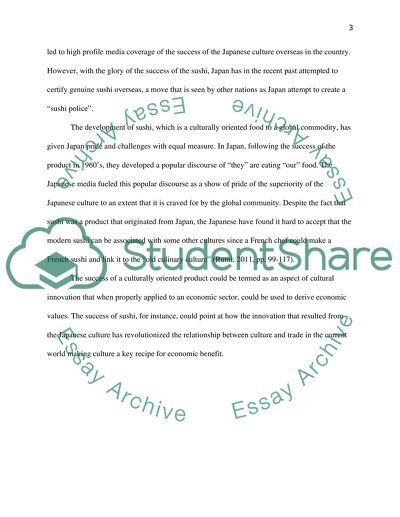Interpretation Essay Example | Topics and Well Written Essays - 500 words - 3. Retrieved from https://studentshare.org/miscellaneous/1692935-interpretation
Interpretation Essay Example | Topics and Well Written Essays - 500 Words - 3. https://studentshare.org/miscellaneous/1692935-interpretation.


